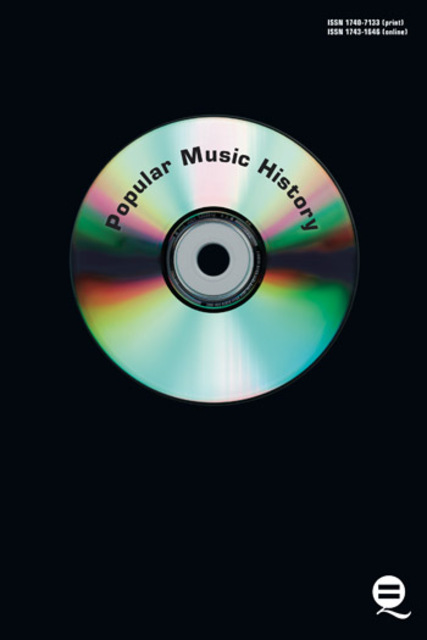PMH/Banning the Beatles: ‘A Day in the Life’ at the BBC and the creation of Radio 1

Full description
By 1967, the BBC had lost a significant number of listeners to offshore 'pirate' radio stations such that its administrators developed a plan to split the Light Programme into two channels, one of which would feature pop-music recordings to recapture some of that audience. With legislation moving through Parliament to eliminate the 'pirates', Associate Director of Sound Broadcasting Richard Marriott convinced the Board of Governors to establish what would become Radio 1. In the context of the 'Summer of Love', he moved to reassure the board that the BBC's traditional standards would be maintained. Against a backdrop of drug arrests and a history of songs slipping drug references past censors, Marriott chose the Beatles' 'A Day in the Life' as one of his vehicles for proving that the new channel would uphold the mission to inform, to educate, and to entertain. The decision not to broadcast 'A Day in the Life' coincided with a conservative political rejection of the social changes that have come to characterize the 1960s.
- typeImage
- created on
- file formatjpg
- file size38 KB
- container titlePopular Music History
- creatorGordon R Thompson
- issn1743-1646 (Online)
- issue11.2
- publisherEquinox Publishing Ltd.
- publisher placeSheffield, United Kingdom
- rights holderEquinox Publishing Ltd.
- doi
We use cookies to analyze our traffic. Please decide if you are willing to accept cookies from our website. You can change this setting anytime in Privacy Settings.
